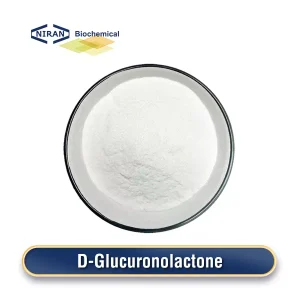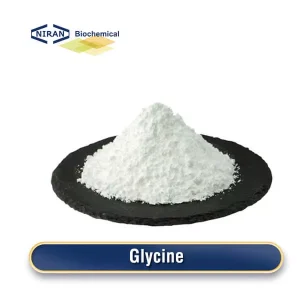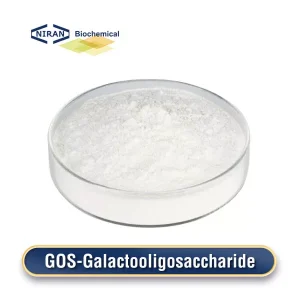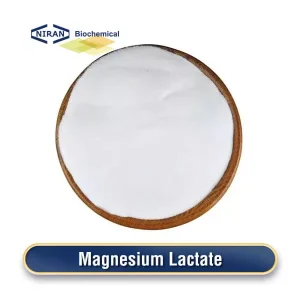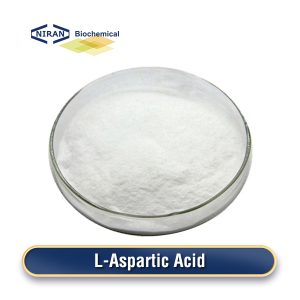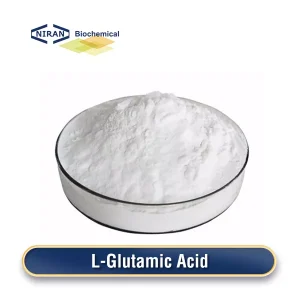Nutrition Enhancers Supplier
We are a leading manufacturer in the field of nutritional enhancers and we aim to provide comprehensive solutions for your products.
Our products have the following features:
- Fine Powder Form
- Provides Additional Nutrition & Effectively Improves Health
- Easily Soluble in Water and Easily Absorbed
- Multiple Options: Plant Extracts, Animal Extracts, and Synthetic
NUTRITION ENHANCERS
Nutritional supplements are available in multiple forms such as tablets, capsules, powders, liquids, and bars, aimed at delivering nutrients that might not be adequately obtained from diet alone.
FEATURED PRODUCTS
TYPES OF NUTRITION ENHANCERS
Nutrition enhancers, also known as nutritional supplements or fortifiers are an effective way to improve the nutritional profile of foods and address specific health concerns or dietary needs. They come in many types and have a wide range of uses, please use them according to your specific needs.
- Vitamins: Added to foods to increase their vitamin content. Common examples include vitamin D fortification in milk and dairy products, vitamin C in juices and beverages, and B vitamins in cereals and bread.
- Minerals: Essential minerals like calcium, iron, and zinc are added to various food products to enhance their nutritional profile. Calcium-fortified orange juice and iron-fortified cereals are popular examples.
- Fibers: Soluble and insoluble fibers are added to foods to improve digestive health and potentially reduce the risk of chronic diseases. Critical minerals such as calcium, iron, and zinc are incorporated into a range of food products to boost their nutritional content.
- Proteins: High-quality protein sources, such as whey protein, soy protein, and pea protein, are added to foods and beverages to increase their protein content, catering to the needs of athletes, vegetarians, and the general population seeking higher protein intake.
- Omega-3 Fatty Acids: Beneficial fats, including omega-3 fatty acids from fish oil or flaxseed oil, are added to foods like bread, milk, and eggs to support heart health and cognitive function.
- Probiotics: Live beneficial bacteria are added to yogurts, beverages, and dietary supplements to support digestive and immune health.
- Amino Acids: Essential amino acids, such as lysine and methionine, are added to animal feeds and sometimes human food to ensure adequate intake of all necessary amino acids.
APPLICATIONS OF NUTRITION ENHANCERS
As dietary needs and health awareness continue to evolve, the application of nutritional supplements in the food industry will expand, offering innovative solutions to meet the nutritional needs of diverse populations. Here’s an overview of their applications across various food industry sectors:
Dairy and Dairy Alternatives
Fortifying milk and plant-based milk alternatives with vitamins D and B12, calcium, and omega-3 fatty acids to support bone health and the dietary needs of vegetarians and vegans.
Baked Foods and Cereals
Enriching bread, cereals, and baked products with iron, folic acid (vitamin B9), and other B vitamins to support metabolic health and reduce the risk of certain birth defects.
Beverages
Adding vitamins, minerals, and herbal extracts to juices, energy drinks, and functional beverages to target specific health benefits like immune support, energy enhancement, and stress reduction.
Snacks
Incorporating protein powders, fibers, and probiotics into snack bars, yogurt, and other snack foods to improve their nutritional profile and promote satiety.
Infant Formula and Baby Food
Fortifying infant formula and baby foods with essential nutrients like iron, vitamin D, and DHA to support the growth and development of infants and toddlers.
Sports Nutrition Products
Enhancing sports drinks, protein bars, and supplements with branched-chain amino acids (BCAAs), electrolytes, and protein to support muscle recovery, hydration, and performance.
Dietary Supplements
Providing concentrated sources of vitamins, minerals, antioxidants, and other nutrients in the form of pills, powders, and gels to supplement the diet where needed.
Elderly and Medical Nutrition
Tailoring products to meet the specific nutritional needs of the elderly or individuals with medical conditions, including easy-to-digest, high-energy, and nutrient-dense foods and beverages.
FAQ
What are nutrition enhancers?
Nutritional supplements, encompassing vitamins, minerals, proteins, fibers, fatty acids, and other health-beneficial compounds, are added to foods and drinks to enhance their nutritional quality.
Why are nutrition enhancers added to food?
They are added to prevent nutrient deficiencies, enhance the nutritional profile of foods, support specific health benefits, and meet the dietary needs of various populations, including vegetarians, athletes, and individuals with specific health conditions.
Are nutrition enhancers safe?
Yes, when utilized correctly and by regulatory standards. They are regulated by food safety authorities, such as the FDA and EFSA, to ensure they are safe for consumption.
What is the difference between natural and synthetic nutrition enhancers?
Natural nutrition enhancers are derived from food sources, while synthetic ones are manufactured through chemical processes. Both types are used to fortify foods and must meet safety standards.
Do nutrition enhancers affect the taste of food?
Typically, they are incorporated in minimal quantities that do not substantially change the food's flavor. Nonetheless, the effect on taste may differ based on the enhancer's type and amount utilized.
Can nutrition enhancers help with specific health conditions?
Yes, certain nutritional supplements are added to foods to support health conditions. For example, omega-3 fatty acids may benefit heart health, and fiber can aid digestive health. However, individuals facing specific health challenges should consult medical professionals to obtain customized nutritional advice.

